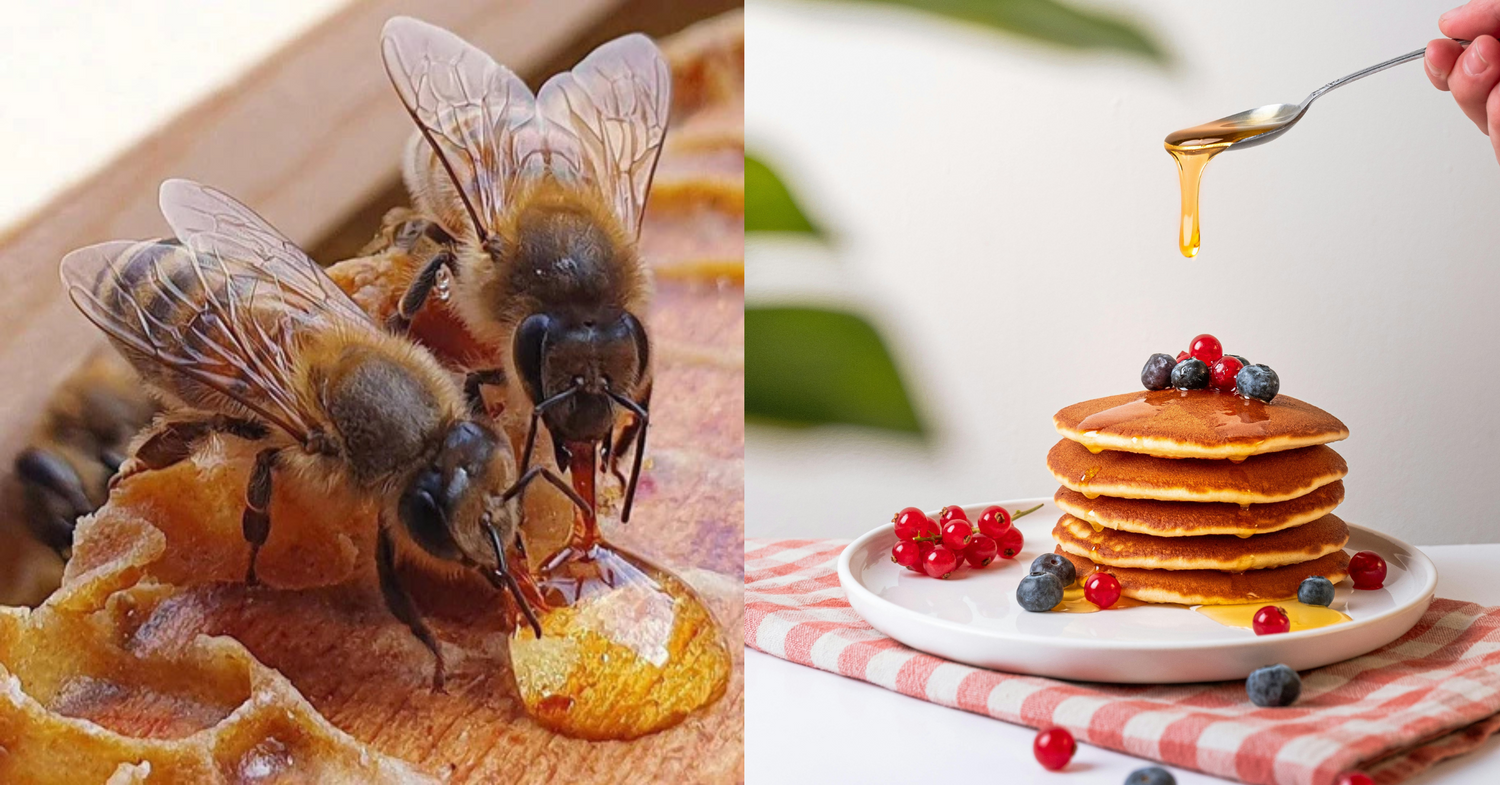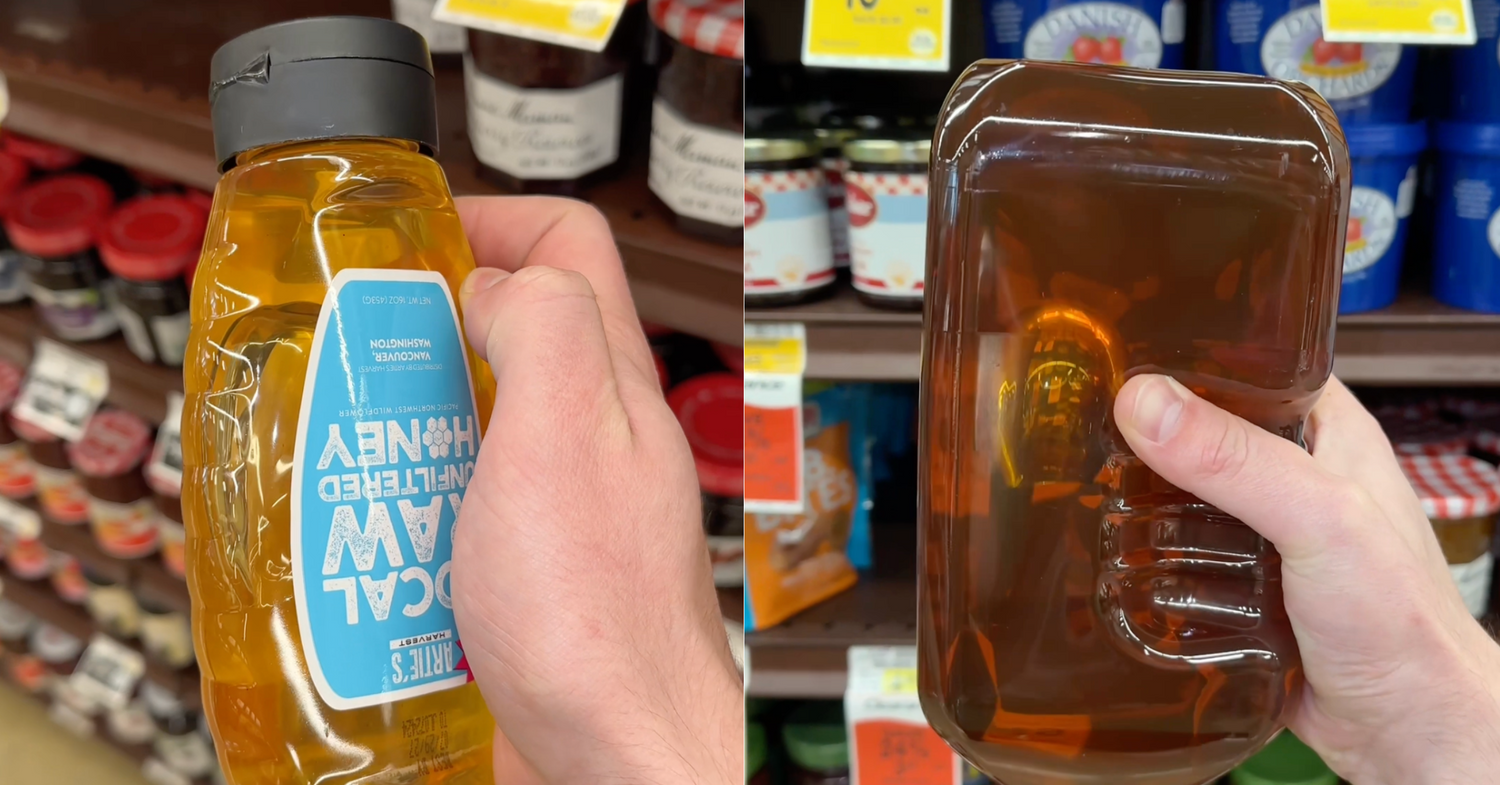Beeing Good to Nature: How These Little Insects Play A Big Role Towards Conserving Mother Earth
There is a saying that goes: “The best things come in small packages”, signifying that the things that often have the most value are usually small in size. Well, this proverb is perfect to describe bees. Though they may be small in stature (and often thought to be a nuisance!), bees, especially honey bees, play a pivotal role towards preserving a healthy environment.
Bees are known as Mother Nature’s little helpers. Known as pollinators, they help plants to grow and seeds to blossom. Therefore, they are an indispensable instrument that ensures stable, healthy, and sustainable food supplies for all living creatures, including humankind. It might be a little hard to believe, but we humans owe it to the bees for providing us with the abundant, colourful, and nutrient diets that we need and have grown to love over the ages.

The Bee Factor
As one of the most prominent pollinators globally, bees contribute directly to food security and support sustainable farming. Agriculturalists, environmentalists, and farmers rely heavily on these social and hardworking insects to maintain the life cycle, as plants are the basis of the
food chain for all living creatures.
By transferring pollen between flowering plants, they help seeds to grow, breed, and eventually produce fruit and food sources for humans. Speaking of food sources, did you know that one-third of the food we consume depends upon pollination? This includes almonds, apples, blueberries, tomatoes, cabbage, chilli peppers, and many other popular crops. In fact, bees also pollinate plants that are used as feed for farm animals and poultry, so they can be said to also
contribute towards the meat component of our diet too!
All this is without mentioning that bees are also producers of honey and royal jelly. Aside from being a well-loved food source and natural sweetener, honey is also actively used for commercial, cosmetic, and medicinal purposes, amongst others. Whether it is an ingredient of your favourite dessert or part of a homemade remedy for sore throat, this “liquid gold” has grown to become a household product. Honey is not only consumed by humans; a myriad of
animals such as birds, raccoons, and insects also take honey as part of their diet.
Conserving the Ecosystem, One Pollen at a Time
Apart from ensuring a steady supply of food, bees also play a critical role in maintaining healthy ecosystems. Bees pollinate flowering trees and wildflowers across miles, which eventually
become habitat for creatures large and small. In the grand scheme of things, bees contribute to complex, interconnected ecosystems, enabling a diverse number of different species to coexist.
Food and shelter aside, plants also maintain watersheds, help to improve air and soil quality, prevent soil erosion, etc. As a pollinator, bees play an active part in combating climate change by spreading our natural forests and increasing flora.
A Creature of Bee-uty
Other than honey, honey bees also produce beeswax – a substance that is abundantly used across various industries for myriad of purposes. Beeswax is a natural wax that is known for having hydrophobic waterproof properties, which is the primary factor for its usage. It is abundantly used to make candles as the substance burns readily and cleanly. Beeswax is also an ingredient in surgical bone wax, used in surgeries to control bleeding from bone surfaces.
In the food industry, beeswax is used for preservation purposes thanks to its waterproof nature. It is used as a coating to protect cheese against spoilage due to mold growth. Beeswax are also used to provide exterior protection for some fruits, preventing water loss and ensuring longer freshness.
Usage of beeswax can also be seen in the beauty and cosmetics industry. In fact, beeswax is taking over other skin protectants like petroleum jelly in terms of popularity. Moreover, beeswax is also more eco-friendly than the former, making it the ingredient of choice for cosmetic brands that advocate green products.
It is effective in locking moisture in and softening the skin, thus making it an essential ingredient in lip balms, hand creams, and moisturizers available in the market today. Beeswax are also added to haircare products to give an extra dose of shine and sleekness to the hair.
Natural Healers
Aside from being pollinators and food suppliers, bees can also be considered as healers. Propolis, a substance produced by bees, has been historically used for medicinal purposes. Ancient civilizations used it to treat wounds and aid the healing process. Propolis contains over 300 compounds – the majority of them being polyphenols such as flavonoids.
Flavonoids is an antioxidant that is also found in fruits, green tea, and wine. Flavonoids are known for fighting diseases and healing damages in the body, and are used even in today’s medical practice for healing burns, genital herpes, and cold sores.
According to Healthline.com, studies have suggested that propolis also contains anti-cancer properties. The substance is capable of keeping cancerous cells from developing and multiplying, at the same time reducing the probability of cells becoming cancerous.
Bees – More Than Just Honey Producers
There is no doubting that bees offer much more value than what their size may suggest. Unfortunately, climate change and pollution has caused bee numbers to drop significantly across the globe, which is a genuine cause of concern.
Without these wonderful and overlooked insects, our gardens would be barren and our plates empty. As a pollinator and a food producer, bees serve as a humbling reminder that no one is too small to contribute to the sustenance of life on Earth.






